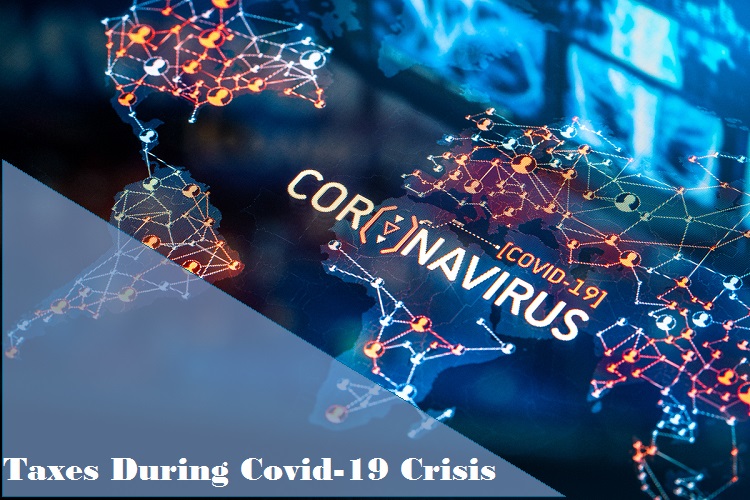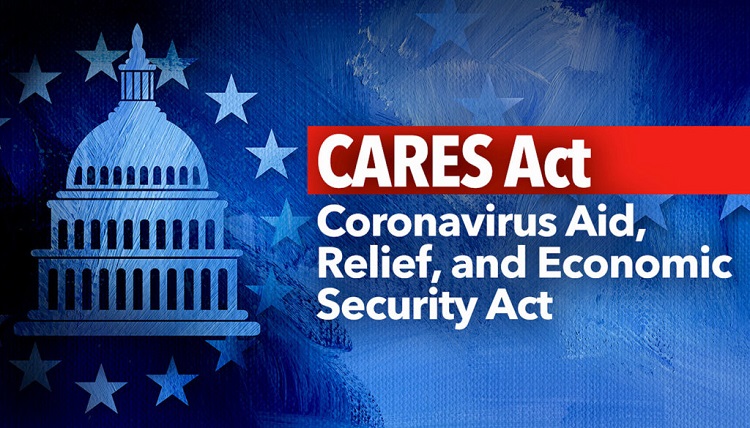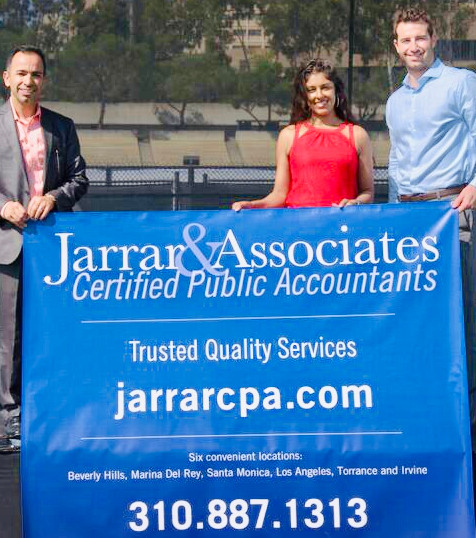
Restaurants and concerts are not the only places that are off limits for coronavirus. In fact, visiting your tax professional is probably out of the question, too.
Some states and localities have also imposed restrictions on social interactions as the number of COVID-19 cases is increasing to a rocket high: Thirty-eight states and the nation’s capital have issued stay-at-home orders.
Now, these rules have put tax CPA Los Angeles and tax preparers through a tough time. Even though the deadline for 2019 income tax returns has been pushed back to July 15, they’re still working hard to help clients’ with paperwork in a proper manner.
Further, an accountant is also picking apart the new COVID-19 relief law, helping filers prepare for the stimulus payments many are supposed to receive.
Schedule A Consultation Today!
Consider these points when deciding when to file and pay.
Prepare tax return and then decide
Rather than waiting till July, you must prepare the tax return (or ask your tax pro to do so) as soon as possible so you can weigh the options. If you have a refund due, in most cases you must not wait till July to file your return.
Additionally, if you owe the IRS and your state you would want to wait till July. This includes some states, which has really harmonized the deadlines with the IRS. Just ensure the money you owe is socked away in higher interest saving account for earning something on the cash.
Details on stimulus payment
The Coronavirus Aid, Relief, and Economic Security, or CARES, Act that was signed last month includes a stimulus payment for over 90% of households by some estimates.
The refundable tax credit is $1,200 per taxpayer and an extra $500 per child aged 16 or younger.
For instance, a married couple with two children ages 5 and 8 could qualify for a $3,400 payment. If you have received your previous refund through direct deposit, the stimulus payment should reach the same account.
Higher income earners would find the stimulus payment reduced or eliminated. Individuals with adjusted gross income, or AGI, over $75,000 and couples filing jointly with AGI exceeding $150,000 can get subject to the phase out rules.

For instance, if the married couple above had AGI of $180,000 in the last tax return filed, then they might receive a net $1,900 stimulus payment. Often the CPAs help in small business accounting so you can save more on taxes.
Now, when you come under that higher income category, you may want to wait to file the taxes if your income was lower in 2018. This stimulus payment is actually based on the last filed return whether it’s for 2018 or 2019.
Also, if on the other hand your income went down in 2019, you must consider filing as soon as you can to maximize the stimulus payment.
As per the latest news, there is apparently no “clawback” provision as part of the stimulus credit. When you qualify for 2018 and don’t for the next years, it is yours to keep. You can even collect this based on income in 2020 when you actually file taxes next year.
Note, you can only receive a stimulus payment based on one tax year — 2018. This is possible if that’s the last return filed, 2019 in most cases, and 2020 for those who haven’t qualified for this round.
Schedule A Consultation Today!
Children introduce additional factors
The best filing time may easily change if you have children who were born or turned 17 last year. The IRS looks at how many children less than 17 years of age you had at the end of the tax year.
If your child turned 17 in 2019, simply wait to file as it’s possible that you qualify for the $500 credit.
If on the other hand your child was born in 2019, you must file your taxes faster to hasten the credit.
Other changes in tax deadline
Along with the change in the tax filing date, the deadlines for 2019 Roth IRA, Traditional IRA, and health savings accounts simultaneously been extended till July 15.
Ensure To Avoid Scams

The IRS wishes everyone to know that the agency doesn’t ask for money back. It does not communicate through phone calls, text, or email.
Don’t provide personal or bank information to anyone who claim to work with the IRS, even if they claim they have amount to transfer in your account.
The coronavrius pandemic drags on. You might or might not receive more aid from the government. With the economy coming up, more illnesses would surely be on the way. So, just remain strong and follow safety guidelines.
Consider Paycheck Protection Program
Another crucial part of the CARES Act brings a program for helping small businesses pay the employees while the business remains closed due to this COVID – 19 pandemic.
This is what is considered a loan. Now, however, if the business owner uses at least 75% of the amount received to pay the employees and the rest is spent on work-related expenses including mortgage, rent or utilities, the loan gets forgiven.
Now, the first round of funding for the PPP had been used up shortly after the program was started. Also, the federal government has been working hard to pass the legislation to provide more financial aid and support.
If you can’t meet the 75% payroll requirement, your small business qualifies for a loan and you receive it. However, you just need to pay it back within two years at 1% interest.
Contact Us Today:
Locations:




